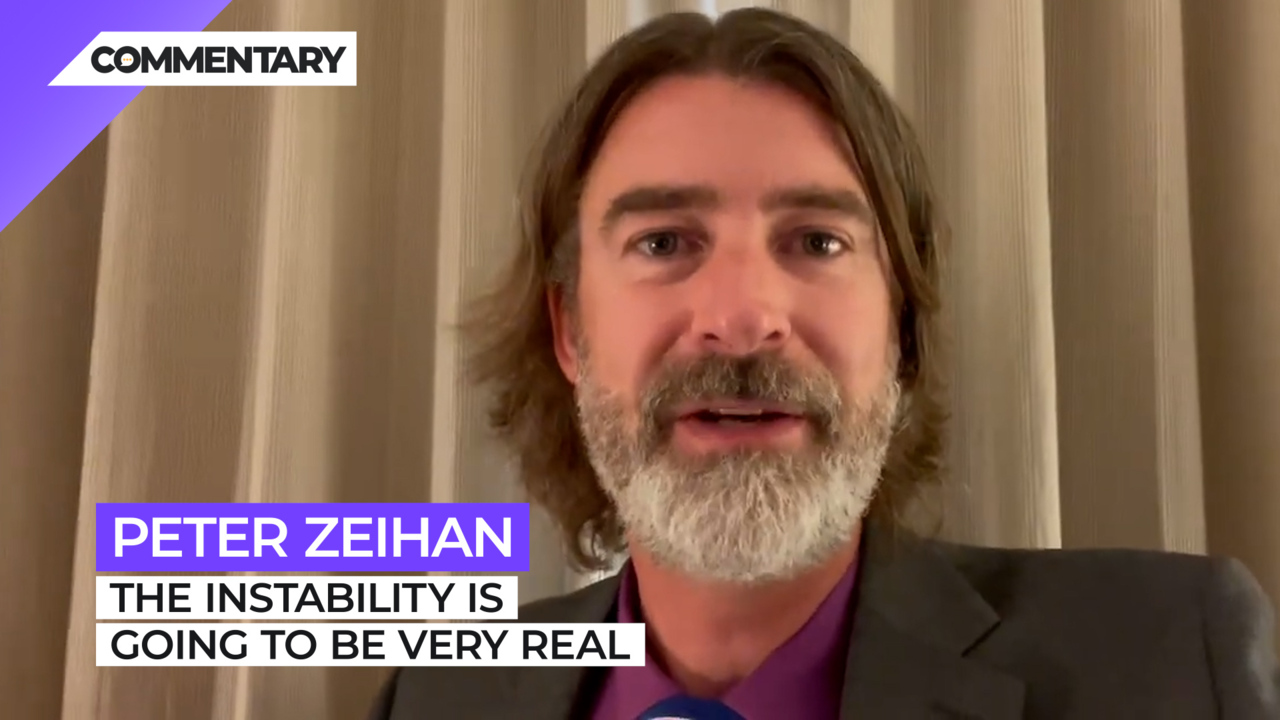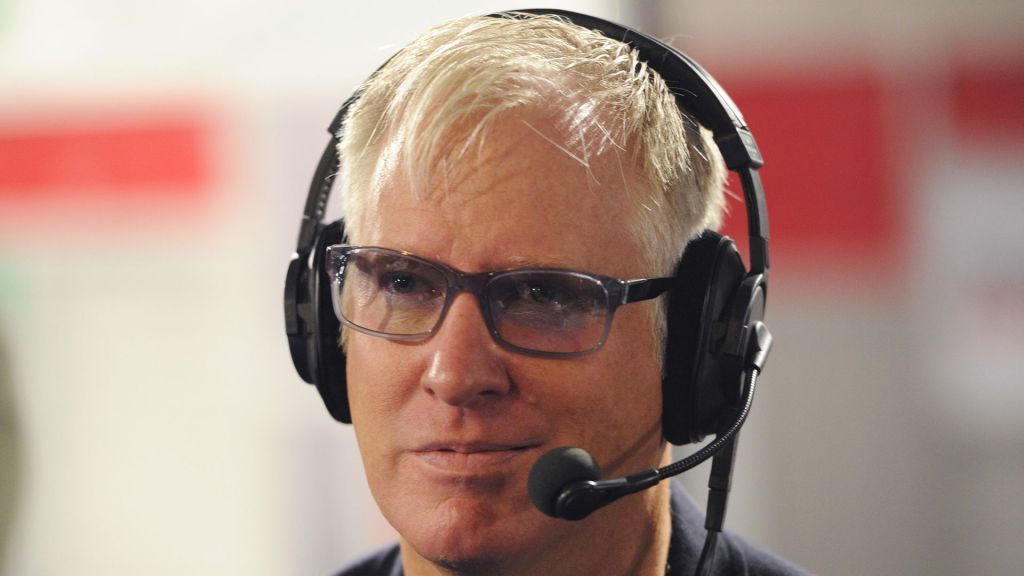
Commentary
-
Our commentary partners will help you reach your own conclusions on complex topics.
Everybody, Peter Zion here coming to you from where am I California? I believe it is October 3rd. Is it October 3rd? God I hope so.
Anyway, we just got election results in from Brazil and the situation is they do a two rounder, you have to get 50% in order to avoid a runoff and no one got 50%. So we’re now going to have a runoff later this month between the front runner Lula, who is of the center left and the incumbent, Bolsanaro of the center right – although I guess calling center-left, center-right puts it in American terms, and Brazil is absolutely its own thing.
Left and right. Let’s just work with that. Now the issue, see everyone thought it was going to be a blowout and that Lula was probably gonna get a first round win or at a minimum, just bury Bolsonaro that there was no chance of having any serious runoff. But that did not happen. Lulu only got 48%. Bolsanaro got 43%. So all of a sudden, Bolsonaro and his supporters have a very legitimate reason to think that they might win in the runoff.
Now this is weird and problematic. Bolsanaro loves to say that the elections are rigged against him, and that any election that he’s ever lost is because of some sort of corruption. Sound familiar to anyone?
As a result of the runoff, it’s going to be interesting, the instability is going to be very real. For those of you who are not familiar with the Brazilian situation, in many ways, it’s a little similar to the United States in the way that it’s set up. It’s a confederal to federal system where power is shared between the municipalities and the states, and then the states and the federal government.
And there is a lot of wiggle room as to who controls what in what particular area. And in areas where local governments fail, the federal government steps in in areas where the federal government fails, sometimes localities step up.
And the result from a legal point of view is real mishmash. So it makes it very difficult to play any sort of external approaches to looking at a political system to Brazil, because it really is its own thing.
But there are some commonalities, most notably that polling does not seem to be all that right now in terms of accuracy. So we’ve had a number of very high profile elections and referendums across the world in the last several years, where the numbers just didn’t match what the poll said.
This is true for both elections where Donald Trump was involved in the United States. This is true for the Colombian referendum on the FARC peace deal. This is true for Brexit. And now it is true for more than one run of elections in Brazil as well.
Now, under normal circumstances, the concern, of course, would be that maybe Brazil is taking a page from the American book and is setting itself up for a period of extreme political acrimony and instability.
But I would argue that’s not all that new. What I find far more concerning is that the United States, despite its many flaws, has over 200 years of jurisprudence and legal tradition, which makes it very difficult for an individual, no matter how unique, to tear things down in a single term.
If you want to take the more conservative approach, not conservative left, right, just conservative like, you know, let’s not overreach here, you still have going back to the 1870s, with Reconstruction. That’s a lot of institutional heft to unwind.
Brazil doesn’t have that. The Brazilian system was redesigned root and branch in the 1990s. As the military stepped back from direct governance, and bit by bit handed control back over to the people, part of that involved the currency and monetary part policy. Part of that involved the constitution.
So we’re dealing here with a system that has had peaceful transfers of power, but in the single digits. So if we do get Lula and Bolsonaro, who are two, in my opinion, not particularly enlightened or intelligent individuals, duking it out over the future of the Brazilian state, well, then we get the second largest economy in the Western Hemisphere that suddenly falls in on itself.
And that has implications that will reverberate throughout the region for decades to come. Because among many, many other things, Brazil is one of the world’s largest exporters of raw industrial commodities like iron ore and foodstuffs, most notably soy. And instability here, will shake out into extreme global damage in a way that the world really doesn’t need right now – what with everything that’s going on with China and Ukraine war.
Okay. So if you’re looking for something to worry about, I think this should qualify. That’s it for me. Until next time.
-
Global warming won’t impact Russian-Chinese shipping
The seas above Russia’s northern coastline are too frozen for shipping, but some have wondered whether global warming might change that in the decades to come. If those seas were to become navigable for commercial shipping, new direct routes between Russia and China could theoretically open up. Straight Arrow News contributor Peter Zeihan throws more…
-
Can other nations replicate success of US shale revolution?
The “shale revolution” has provided the United States with a bountiful domestic supply of oil. But extracting oil from shale is a highly technical process, and it is also dependent on specific geological formations. Straight Arrow News contributor Peter Zeihan tackles the question of whether or not other nations might be able to replicate the…
-
Peace between Israel and Iran, at least for now
A series of recent airstrikes between Israel and Iran inflamed fears of a wider regional war erupting in the Middle East. That concern now seems to have paid off, after third-party countries around the world successfully intervened and talked down military hardliners in both Israel and Iran in order to avoid such an outcome. Israel’s…
-
Global internet in a precarious state, but that could be a positive
Over 500 underwater cables span over 870,000 miles worldwide, serving as the foundation of the modern global internet. Despite their critical role in facilitating communication, these cables often go unnoticed, even as the amount of data transmitted through them has surged. So what happens if the cables fail? Straight Arrow News contributor Peter Zeihan contends…
-
Water wars are an unlikely future
Foreign policy writers have long warned of the possibility that clean drinking water might become “the next oil” — that is, that major wars might be fought around the globe over access to potable water. With expanding populations and finite water supplies, these critics argue that humans will inevitably fight each other to secure drinking…
Latest Stories
-
 Reuters
Reuters
Testimony continues in Trump's NY trial as SCOTUS debates immunity
-
 DVIDS
DVIDS
Aid package to Ukraine ‘not aimed at achieving victory’
-
 AP Images
AP Images
Poll: Majority of Americans back mass deportation of undocumented immigrants
-
 Getty Images
Getty Images
Trump lawyers admit some actions alleged in indictment are private, not official
-
 Getty Images
Getty Images
EPA coal plant rule cuts emissions 90%, removes 17M homes worth of power
Popular Opinions
-
In addition to the facts, we believe it’s vital to hear perspectives from all sides of the political spectrum.
Latest Opinions
In addition to the facts, we believe it’s vital to hear perspectives from all sides of the political spectrum. We hope these different voices will help you reach your own conclusions.
The opinions published in this section are solely those of the contributors and do not reflect the views of Straight Arrow News.

















Latest Commentary
We know it is important to hear from a diverse range of observers on the complex topics we face and believe our commentary partners will help you reach your own conclusions.
The commentaries published in this section are solely those of the contributors and do not reflect the views of Straight Arrow News.
Peter Zeihan
Geopolitical StrategistCan other nations replicate success of US shale revolution?
Peace between Israel and Iran, at least for now
Global internet in a precarious state, but that could be a positive
Dr. Frank Luntz
Pollster and Political Analyst‘Take the job seriously’: Why Americans are fed up with Congress
‘If we can shrink it, it will stop growing’: Americans talk debt, deficit
‘I don’t think they care’: Undecided voters explain their reasons
Pete Ricketts
U.S. Senator for Nebraska